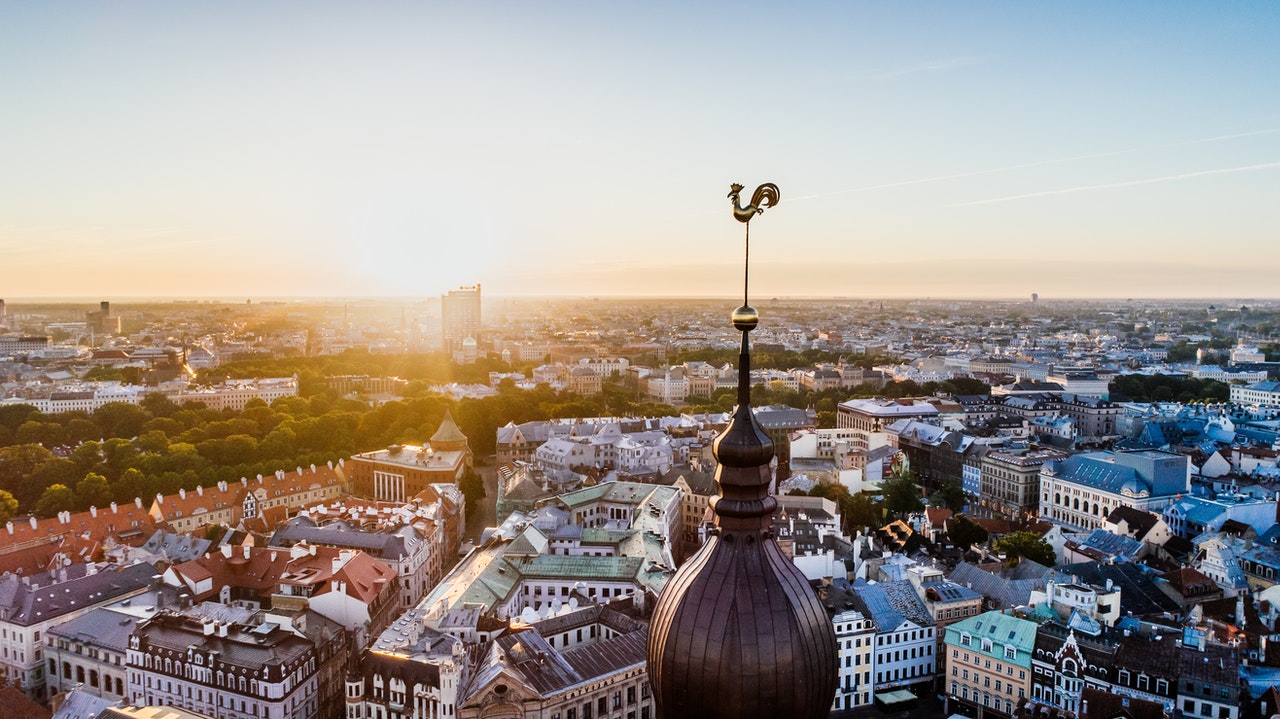Latvia will achieve energy independence earlier than 2030, as envisaged by the national energy and climate plan, but the capacity of the production base to provide the country with electricity remains a long-term problem, Latvian Economy Minister Ilze Indriksone said in an interview with LETA.
Commenting on the decision taken by the government in June to establish a joint venture between Latvenergo and Latvijas valsts meži for the construction of wind farms, the minister predicted that they would start operating as early as 2025.
“The plan, developed at the beginning of this year, provided that the wind turbines should start working in 2026. Considering the war, Latvenergo and Latvijas valsts meži are ready to work faster. On the part of the state, we tried to simplify the administrative process.” the Latvian official said.
“There is a new bill, and when it is adopted, all bureaucratic procedures will be reduced. Therefore, if there is no delay, the generators may start working as early as 2025,” the Minister of Economy said.
At the same time, she stressed that the country could not rely for its energy independence only on renewable energy resources.
“Therefore, although today we are much more oriented towards renewable energy sources, we must constantly provide the basic capacities for energy production, and today the only possibility for this is Latvenergo thermal power plants, which also produce electricity from gas in cogeneration with heat energy,” the Latvian minister emphasized.
“Basic capacity is a task that we need to solve in the long term. We will not be able to rely on supplies only from outside in moments when we do not have enough energy from renewable resources,” she concluded.

